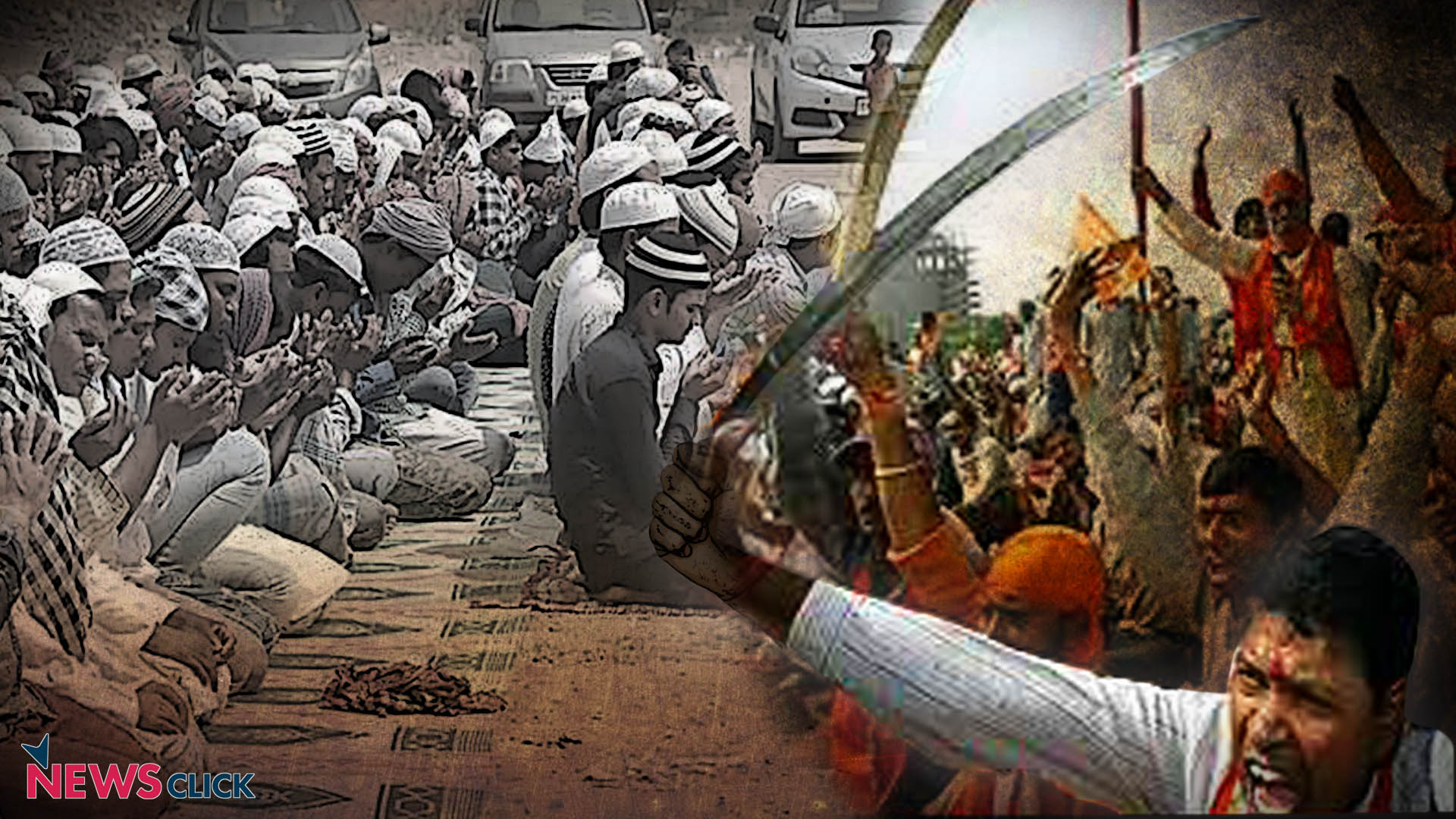DEMOCRACY NOW

In India, the sixth phase of voting has concluded in a highly anticipated parliamentary election that is widely seen as a referendum on Prime Minister Narendra Modi, who is seeking a second term in office. India is the world’s largest democracy with 900 million eligible voters. The final phase of voting will take place on May 19 and vote counting will begin on May 23. Modi’s Hindu nationalist BJP won a landslide victory in 2014. His government has been criticized for a crackdown on civil society, targeting political opponents, journalists, human rights activists, lawyers and writers. Human rights groups have also raised the alarm on attacks against vulnerable populations, especially Dalits and Muslims. We speak with world-renowned, award-winning Indian writer Arundhati Roy. She is the author of The God of Small Things and The Ministry of Utmost Happiness. Her new book My Seditious Heart, a collection of her nonfiction writing, will be out next month.
AMY GOODMAN: This is Democracy Now!, Democracynow.org, The War and Peace Report. I’m Amy Goodman.
NERMEEN SHAIKH: And I’m Nermeen Shaikh. Welcome to our listeners and viewers around the country and around the world. In India, the sixth phase of voting has concluded in a highly anticipated parliamentary election that is widely seen as a referendum on Prime Minister Narendra Modi, who is seeking a second term in office.
More than 100 million people were eligible to vote in this penultimate phase. India’s election commission reported voter turnout was just over 63%. The turnout in the first five phases averaged 67%, roughly the same as in the 2014 elections that brought Modi to power. India is the world’s largest democracy with 900 million eligible voters. The final phase of voting will take place on May 19th and vote-counting will begin on the 23rd.
Modi’s Hindu nationalist BJP won a landslide victory in 2014. Modi’s main opponent in this election is Rahul Gandhi’s Congress party. Gandhi’s father, grandmother and great grandfather have all served as prime minister of India.
AMY GOODMAN: Modi’s government has been criticized for a crackdown on civil society, targeting political opponents, journalists, human rights activists, lawyers and writers. Human rights groups have also raised the alarm on attacks against vulnerable populations, especially Dalits and Muslims.
To talk more about the elections as well as other issues from Kashmir to capitalism to climate change, we are joined by world-renowned, award-winning Indian writer Arundhati Roy. She won the Booker Prize in 1997 for her first novel The God of Small Things. Her second novel, The Ministry of Utmost Happiness was long-listed for the Booker Prize in 2017. A collection of her nonfiction writing titled My Seditious Heart will be out in June.
Arundhati Roy is in New York for the PEN World Voices Festival. She delivered the Arthur Miller Freedom to Write Lecture on Sunday night at Harlem’s historic Apollo Theater. Welcome back to Democracy Now!, Arundhati. It’s great to have you here.
ARUNDHATI ROY: Thank you.
AMY GOODMAN: So yesterday as you were giving your speech, you were lamenting that you couldn’t be in India, because your city, New Delhi, was voting. Can you explain the six-week-long Indian elections and how you see them as a referendum on the current Prime Minister Narendra Modi?
Democracy Now for more
